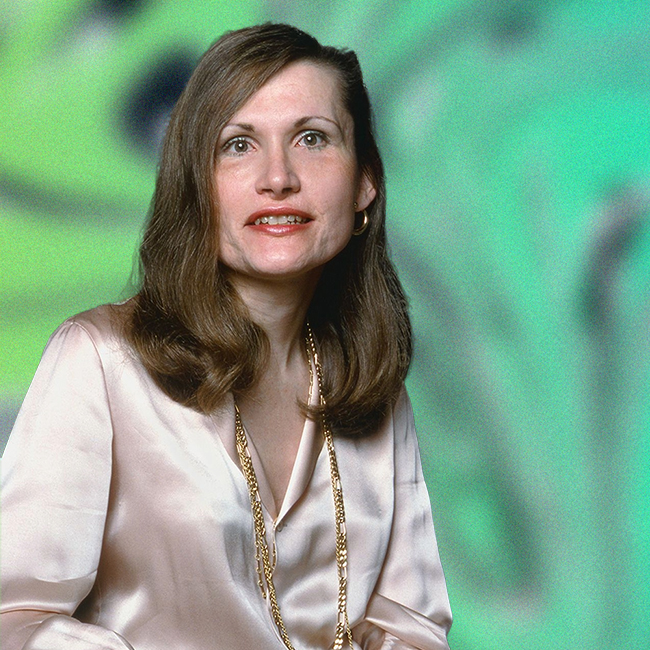In the realm of music, there have been trailblazers who pushed the boundaries of creativity, transforming the landscape of sound as we know it. One such pioneer is Wendy Carlos, a visionary artist whose groundbreaking work in digital and electronic music has left an indelible mark on the industry
From her early experiments with analog synthesizers to her revolutionary use of the Moog synthesizer, Wendy Carlos revolutionized the world of electronic music and helped shape the future of digital sound.
If you're interested in Electronic Music Producion and want to learn how to make your own weird, wobbly sounds, then become an All-Access Member.
The Early Days of Exploration
Wendy Carlos began her musical journey as a young child, displaying a natural aptitude for composition and performance. In the 1960s, she found herself captivated by the burgeoning field of electronic music and the possibilities it presented. It was during this time that Carlos started to experiment with analog synthesizers, paving the way for her future accomplishments in the digital realm.
The Moog Synthesizer Revolution
Wendy Carlos's name became synonymous with the Moog synthesizer, an innovative electronic instrument invented by Robert Moog in the mid-1960s. Recognizing its potential, Carlos seized the opportunity to explore the uncharted territory of this new instrument. Her seminal album, "Switched-On Bach" (1968), which reimagined classical works of Johann Sebastian Bach using the Moog synthesizer, brought her widespread acclaim and commercial success. This groundbreaking album not only introduced classical music to a new generation but also demonstrated the immense possibilities of digital synthesis.
The Synthesis of Emotion and Technology
One of the most profound impacts of Wendy Carlos's work on digital music was her ability to combine technological advancements with genuine emotional expression. While synthesizers were often seen as cold and mechanical, Carlos demonstrated their potential for warmth and depth. Her subsequent albums, like "The Well-Tempered Synthesizer" (1969) and "Sonic Seasonings" (1972), explored ambient and atmospheric soundscapes, showcasing the versatility of the synthesizer as an emotional and creative tool.
The Influence on Film Music
Carlos's expertise in electronic music found a natural home in the world of film scores. Her collaboration with director Stanley Kubrick on the score for "A Clockwork Orange" (1971) and "The Shining" (1980) elevated the role of electronic music in cinema and expanded its possibilities. Her haunting and evocative compositions added a new dimension to the visual storytelling, earning her critical acclaim and setting a standard for future electronic film scores.
The Legacy of Exploration and Innovation
Beyond her immediate success, Wendy Carlos's work had a far-reaching impact on the development of electronic music. Her technical expertise and artistic vision inspired a generation of musicians and composers to explore the potential of synthesizers and digital sound synthesis. Carlos's work opened doors for experimentation, leading to the birth of new genres and the integration of electronic elements into various musical styles. Wendy Carlos will forever be remembered as a true pioneer of digital music, leaving an indelible mark on the ever-changing soundscape of our world.
If you're interested in Electronic Music Producion and want to learn how to make your own weird, wobbly sounds, then become an All-Access Member.

